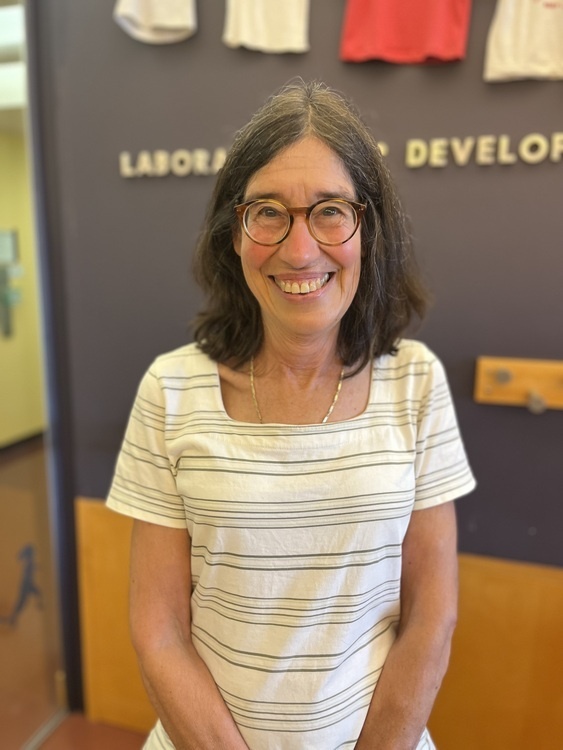
Colloquium on the Brain and Cognition with Elizabeth Spelke
Description
Bidwell Memorial Lecture
Talk Title: Beyond core knowledge: Language and learning
Abstract: What makes children such fast and flexible learners? Drawing primarily on research on the development of knowledge in human infancy, I argue that children’s learning depends, in part, on innate cognitive systems that capture highly general, abstract properties of the places, things, and people that they learn about, as well as some of the abstract concepts at the foundations of number and geometry. These core concepts are shared by animals who do not learn as fast and flexibly as children do, however, so they cannot fully explain why children learn so well. In this talk, I suggest that children benefit from a uniquely human learning process that depends on their learning of the language(s) spoken by the people in their social world. This suggestion contrasts with three influential accounts that root children’s unique learning capacities in an innate, species-specific propensity for sharing experiences and perspectives (Tomasello, PNAS 2018), for pedagogical learning (Csibra & Gergely, TICS 2009), or for learning and using symbols (Kabdebon & Dehaene-Lambertz, PNAS 2019). I suggest there is something right about each of these accounts, but the propensities they describe depend on earlier emerging abilities to use the language that others speak to develop a new conception of people’s actions, their mental states, and the things they talk about. I will present some new findings, from experiments with infants and toddlers, that provide preliminary support for this suggestion.
Bio:
Elizabeth Spelke, the Marshall L. Berkman Professor of Psychology and an investigator at theCenter for Brains, Minds and Machines, studies the prodigious capacities of infants and young children for fast and flexible learning. Her core research, described in her book, What Babies Know (Oxford, 2022), uses behavioral methods, informed by insights from neuroscience and computer science, to investigate the origins of knowledge of places, number, objects, animals, and people. With computational cognitive scientists, she asks whether young children’s learning can inform, and be informed by, research in artificial intelligence. With economists, sheleverages findings from the developmental cognitive sciences to create and evaluateinterventions to enhance the learning of children worldwide.
https://www.harvardlds.org/our-labs/spelke-labspelke-lab-members/elizabeth-spelke/
Webinar Link: https://mit.zoom.us/j/96535788194
Followed by a reception with food and drink in 3rd floor atrium

